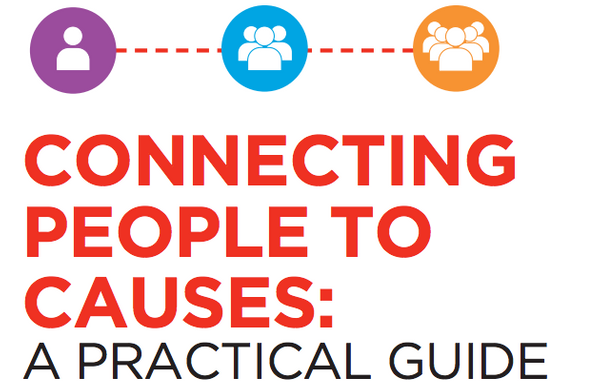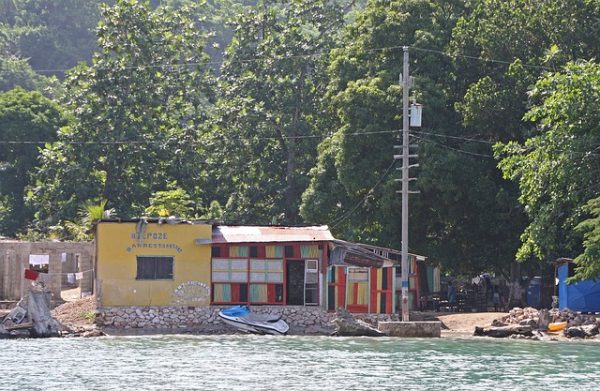
Guides published to help charities tackle GDPR & fundraising research
March 21, 2018
Fundraising Convention to include focus on leadership & diversity
March 21, 2018Aid charities have come under fire for safeguarding failures that saw workers commit sexual misconduct and harassment offences against people and colleagues in the countries they were working in.
Oxfam GB was the first to hit the headlines in February, with allegations of sexual misconduct and harassment by its workers in Haiti (pictured) in 2011, followed by Save the Children UK for revelations concerning its former chief executive Justin Forsyth.
The charities have been strongly criticised for failing to ensure proper safeguarding measures were in place to prevent such actions from occurring, for covering up the misdemeanours and for inadequately dealing with the perpetrators. Oxfam GB subsequently stated that 1,270 Direct Debits had been cancelled over the first weekend after news of the Haiti story first broke, escalating to 7,000 cancellations days later. Forsyth resigned from his current role as deputy executive director at UNICEF UK. Meanwhile, the Charity Commission said that reports of serious safeguarding incidents among charities had doubled, rising from 50 to 100 per week.
These are by no means the first and only allegations of such abuse, with Mercy Corps having openly announced last May that it was investigating an allegation of serious misconduct by two employees in Greece after receiving a call through the organisation’s complaint hotline. However, the more recent series of allegations has raised concern about insufficient safeguarding measures more broadly across international aid agencies, threatening public trust.
At a UK level, the international secretary for development, Penny Mordaunt MP, called for all 179 of the Department for International Development’s (DfID) charity partners to examine their records and report back. 26 charities have now reported a total of 80 recent and historical cases where workers have harmed people or put them at risk. DfID has now put in place new safeguarding standards and has warned that charities that fail to meet them will not receive funding. Meanwhile, the European Commission has also said that it has written to all partner humanitarian organisations to remind them of the “EU’s zero tolerance approach to any allegations of misconduct”.
Following UK media reports, the Dutch foreign affairs minister was also swift to take action, announcing a zero tolerance policy to sexual abuse. Minister Sigrid Kaag called on aid agencies to inform her of any known inappropriate sexual behaviour and to provide assurances that measures were in place to prevent future abuse.
Actions agreed and in motion
As a result of the scandal, new measures to improve safeguarding are now in development both on an individual charity and a sector-wide level. In February, 22 UK charities wrote a joint letter committing to better action on safeguarding, including Oxfam GB, Plan International UK, UNICEF UK, Save the Children UK, and VSO. A joint DfID/ Charity Commission Safeguarding Summit, co-chaired by the UK’s Minister for Civil Society Tracey Crouch MP has also agreed an action plan of both immediate and longer terms actions to improve safeguarding in charities.
Actions agreed upon include the development of a new independent body to improve standards, an audit of whistleblowing practices across the sector so people feel more able to report offences, and the introduction of new standards for vetting and referencing that would be required for all UK-based staff, internationally based staff and locally employed staff.
At the Safeguarding Summit, Penny Mordaunt MP said that the sector must raise it standards with vital change needed to prevent further offences:
“Unless we do all we can to prevent wrongdoing, and unless we can hold all those who do wrong to account, we will have failed in our duty to protect the most vulnerable,” she said. “My message to those who have sought to exploit this sector and the human tragedy in which it operates, is this – we will all share information we have with law enforcement. We will find you. We will bring you to justice. Your time is up.”




